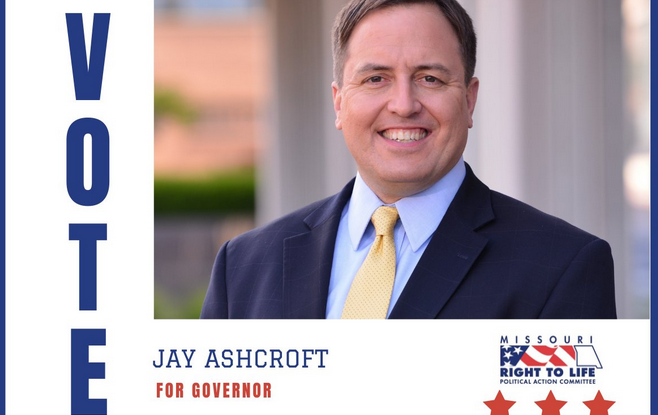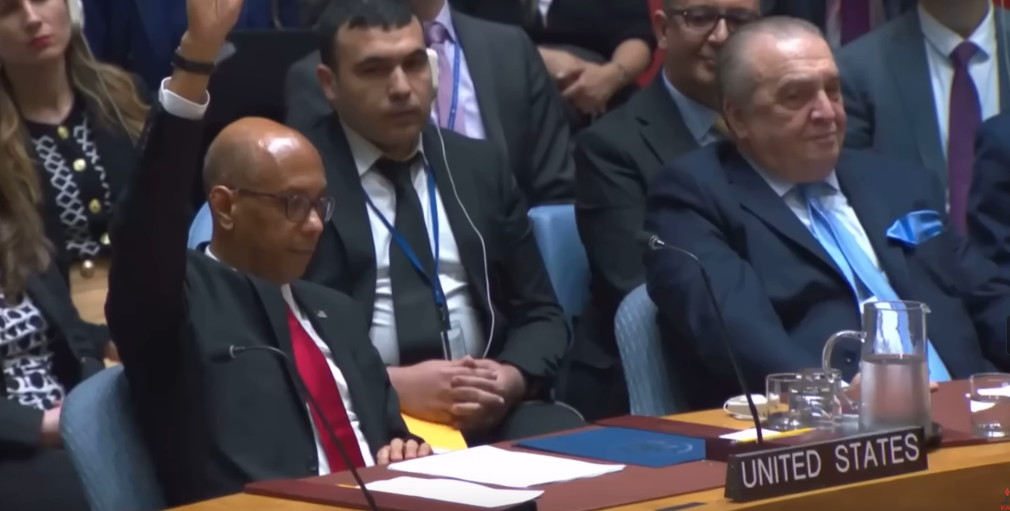Donald Rumsfeld accused critics of “moral or intellectual confusion� for their failure to recognize fascism. This perspective has since been echoed in other political speeches leading up to the 2006 elections.
(Rumsfeld believes any dissenter is pro-Hitler).
In a recent speech to the American Legion, Donald Rumsfeld compared critics of the Iraq war to people who “ignored the Nazisâ€? and who tried to “appease Hitler.â€?Â
He accused critics of “moral or intellectual confusionâ€? for their failure to recognize fascism. This perspective has since been echoed in other political speeches leading up to the 2006 elections.Â
Let us consider the meaning of these words. Webster’s New World Dictionary defines fascism as “a system of government characterized by rigid one-party dictatorship, forcible suppression of opposition, private economic enterprise under centralized government control, belligerent nationalism, racism, and militarism.â€?Â
Appeasement is derived from the Latin word for peace, and refers to a policy of settling disputes through rational negotiation and compromise to avoid violent conflict. The word gained a negative connotation in the wake of a failed British policy to cede ground to Hitler in the hope of avoiding war. It has since become an accusation.      Â
As a people of conscience, we are called to be aware of inequities. But we are also called to be aware of what is good, and to protect and defend it. “Fascismâ€? and “appeasementâ€? are being raised repeatedly in the political arena, primarily to shut down discourse and to taint opponents. What is the consequence of this form of speech? As a people of conscience, we have a responsibility to consider the impact of such words. Do they inspire courage, or fear?Â
Do they promote liberty and tolerance, or do they justify pre-emptive war, unwarranted surveillance, and imprisonment without representation? Do they build reasoned dialogue, or do they restrict national policy to a single perspective? Do they support our founding principles, or negate them?  Â
America’s history inspires people to liberty, hope, opportunity, tolerance, creativity, democracy, and positive action. These are things worth protecting, for the sake of all people. If we want to spread democracy throughout the world, we will do it by inspiring others by the way we live our lives, and not by fear-mongering or the suppression of human rights.Â
We must develop a clear focus on what we value, and allow that to guide our actions. We need a beacon, not a whip. According to Alexis de Tocqueville, “America is great because she is good, and if she ever ceases to be good, she will cease to be great.â€? Steve Irwin, the enthusiastic and indefatigable crocodile hunter of Discovery Channel, died suddenly in the field last week. In a television interview with Larry King, he called himself a warrior for conservation. He did it for love. He loved animals, and he loved people, passionately. He bridged a gap in understanding, and was probably the only person in the world who could have endeared reptiles to millions. This one man brought so much interest in the natural world to so many, he enlarged conservation everywhere. This is what one person can do, focused and clear, seeing what needs to be done to protect something glorious.Â
We have a choice. We can focus on fear, or we can focus on what we love. Do you love liberty? Do you cherish your privacy, the freedom to practice your faith? To engage in critical dialogue? To explore? These things are endangered. If you love them, you will do what can to protect them. As Steve Irwin taught us, living in the passion of what we love changes everything.  Â
To subscribe to New York’s favorite Pan-African weekly investigative newspaper please click on “subscribe� on the homepage or call (212) 481-7745. For advertisements or to send us a news tip contact [email protected] “Speaking Truth To Empower,� is our motto.











